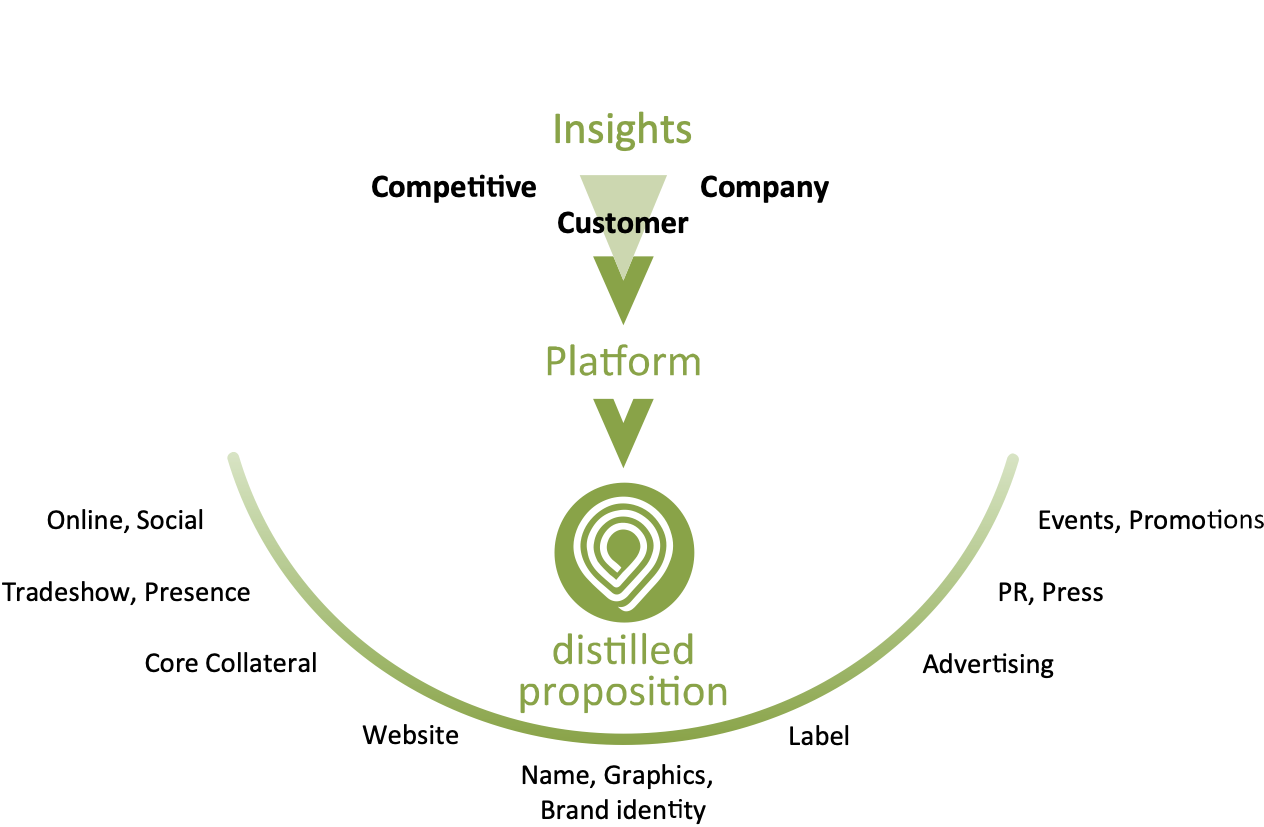The functional beverage space is evolving—fast. What started with protein shakes and vitamin waters has transformed into a sophisticated market…
How Sales Management Tools Are Revolutionizing Customer Engagement
In the digital age, customer engagement is the cornerstone of business success, and sales management tools are playing a pivotal role in transforming these interactions. These tools not only streamline sales processes but also enhance the quality and effectiveness of customer engagements. Here’s a closer look at how sales management tools are revolutionizing this critical business function.
1. Enhanced Customer Insights Through Data Integration
Sales management tools integrate data from multiple sources, providing a 360-degree view of customer interactions. This integration allows sales teams to access comprehensive customer histories, preferences, and behaviors, enabling personalized engagement strategies that resonate on a deeper level. Discover how to optimize your customer insights with CRM tools.
2. Automated Customer Communication
Automation is a key feature of modern sales management tools, enabling businesses to maintain consistent communication with customers without manual effort. Automated emails, chat responses, and follow-ups ensure that customers receive timely, relevant information, enhancing satisfaction and loyalty. Learn more about automating customer communications.
3. Real-Time Analytics for Better Decision Making
The power of real-time analytics cannot be overstated. Sales management tools equipped with analytics capabilities provide instant insights into customer engagement metrics, such as open rates, click-through rates, and conversion statistics. These insights allow sales managers to make informed decisions that can adapt strategies on the fly, maximizing engagement effectiveness. Explore how real-time analytics can boost sales.
4. AI-Powered Personalization
Artificial intelligence (AI) is transforming how businesses interact with their customers. AI-driven sales management tools can analyze vast amounts of data to identify patterns and preferences, enabling hyper-personalized customer interactions. This level of personalization increases engagement by ensuring that the communications and offers are tailored to meet the unique needs of each customer. Check out the role of AI in sales personalization.
5. Streamlining Customer Journeys
Sales management tools help in mapping and streamlining customer journeys by identifying key touchpoints and optimizing interactions at each stage. This streamlined approach ensures a smoother customer experience, reducing friction and enhancing satisfaction throughout the customer lifecycle. Discover tools for optimizing customer journeys.
6. Enhancing Mobile Accessibility
With the increasing prevalence of mobile devices, sales management tools have evolved to ensure that sales teams can engage with customers effectively across all platforms. Mobile-optimized tools ensure that customer engagement does not have to wait until a sales representative is at their desk, thus speeding up response times and boosting customer satisfaction. See how mobile-friendly tools enhance sales.
7. Social Media Integration
Integrating social media with sales management tools allows businesses to engage with customers where they spend a significant amount of their time. This integration provides a seamless experience for customers and enables sales teams to leverage social interactions for enhanced engagement. Learn how to integrate social media with sales tools.
8. Collaborative Features for Team Synergy
Modern sales management tools include features that enhance collaboration among team members. These collaborative tools ensure that everyone on the team is on the same page, which is crucial for providing a unified customer experience. Read more about boosting team synergy with collaborative tools.
9. Predictive Analytics for Future Engagement
Predictive analytics use historical data to forecast future customer behaviors and preferences. Sales management tools with predictive capabilities allow sales teams to anticipate customer needs and tailor their engagement strategies accordingly, enhancing both effectiveness and efficiency. Find out how predictive analytics is shaping the future of sales.
10. Training and Development
Beyond direct customer interaction, sales management tools provide essential platforms for training and developing sales teams. Better-trained teams can utilize these tools to their full potential, leading to more effective customer engagements. Explore tools for sales team training.







